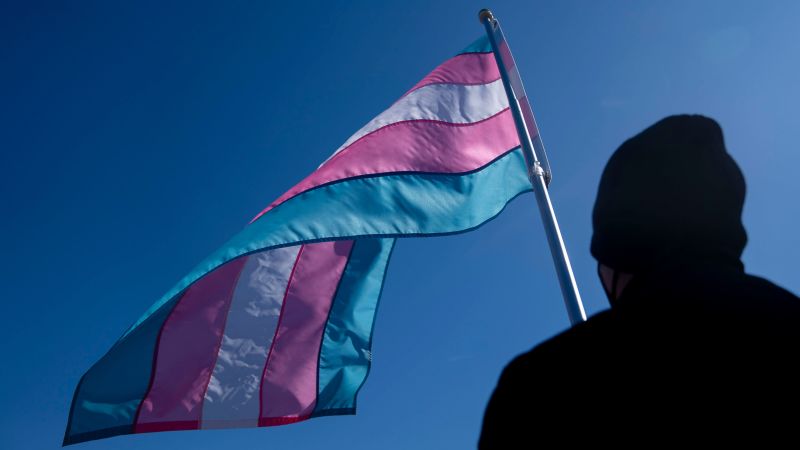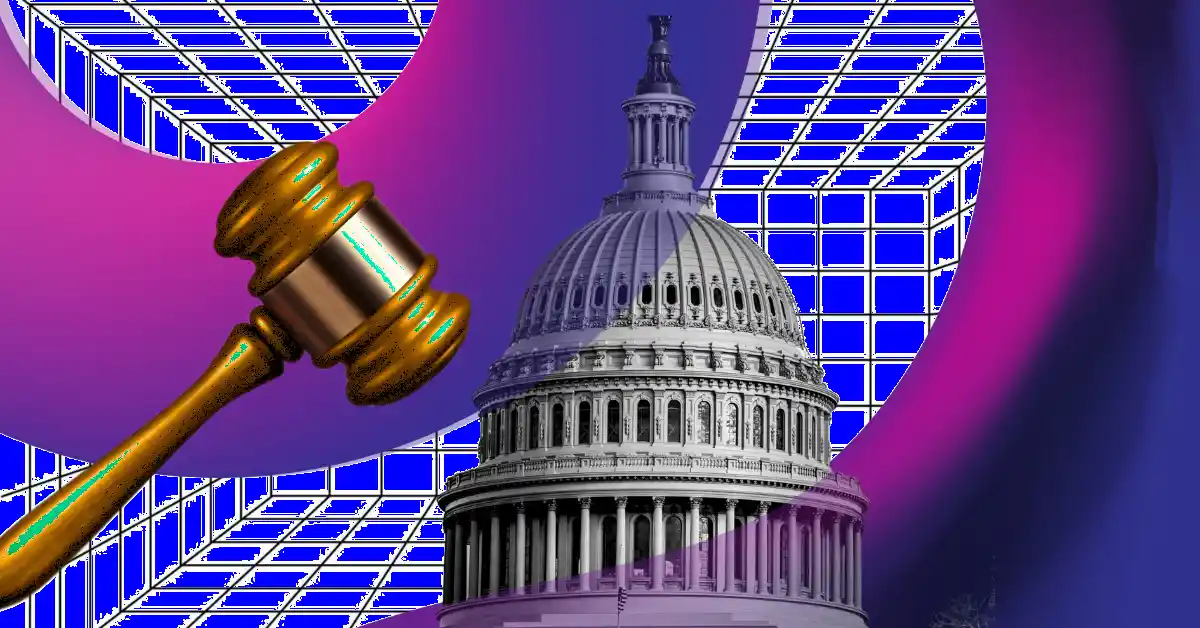
UPDATE: The White House has launched a significant campaign against what it terms “gender ideology,” as Texas A&M University faces intense backlash over its recent policy changes. Just last week, the Texas A&M University System’s board of regents voted to restrict professors from teaching courses that involve “race or gender ideology” without prior approval from the university president, igniting a firestorm of controversy.
This decision follows a viral incident where a student accused a professor of violating the university’s policies by discussing gender identity in a children’s literature course. The backlash escalated quickly, with Texas Republican politicians labeling the situation as “TRANSGENDER INDOCTRINATION,” leading to the professor’s termination and protests erupting across campus.
The Trump administration has expressed strong support for Texas A&M’s actions. Assistant Attorney General for Civil Rights, Harmeet Dhillon, deemed the situation “deeply concerning” and signaled intentions to investigate further. The implications of this policy shift extend beyond Texas, as the White House’s intentions to eradicate “gender ideology” could have far-reaching consequences for transgender rights at a national level.
In a decisive executive order signed on January 20, 2025, President Donald Trump mandated that federal policies replace the term “gender” with “sex,” asserting that “sex” refers solely to biological distinctions. This move marks a stark shift in the administration’s approach to gender identity, prompting widespread debate and concern among advocates and experts.
Transgender individuals, such as content creator Zaya Perysian, are feeling the immediate impact. Perysian, who has documented her transition online, received a government-issued passport that identifies her as male, which does not align with her gender identity or physical appearance. “We’re always being forced to defend ourselves against complete nonsense,” she stated, highlighting the personal toll of these policies.
The terminology of “gender ideology” is not unique to the United States; it has gained traction globally among conservative factions. A recent United Nations report identifies a worldwide anti-gender movement that has gained momentum since the 2010s, with conservative governments in countries like Brazil leveraging similar rhetoric. The term is often framed as a threat to traditional family values and societal norms.
Critics argue that the administration’s focus on “gender ideology” serves to diminish the legitimacy of transgender identities. Advocacy groups, including the Human Rights Campaign and the ACLU, warn that this narrative threatens the well-being and rights of transgender individuals. “When you make our existence into an ideology, it becomes much easier to dismiss us,” said Laurel Powell, communications director for the Human Rights Campaign.
As of May 2025, reports indicate a troubling 14% increase in hate attacks against transgender individuals compared to the previous year, according to data from GLAAD. The political climate surrounding gender identity has been linked to rising suicide attempts among transgender and nonbinary teens, illustrating the profound human impact of such policies.
The CDC has also faced scrutiny following the executive order, as health-related resources were removed to comply with the new guidelines. A 45-minute educational video on measles care was taken down simply for mentioning “gender identity” amidst a measles outbreak in Texas, raising questions about the prioritization of ideology over public health.
As the situation unfolds, the implications of these policies will likely resonate across the nation. Advocates are calling for renewed efforts to protect the rights of transgender individuals and to challenge the framing of gender identity as an ideology rather than a fundamental aspect of human diversity.
WHAT’S NEXT: The fallout from Texas A&M’s decision and the White House’s stance on “gender ideology” will continue to develop, with potential for increased protests and legal challenges. Observers are urged to monitor upcoming actions from advocacy groups as they respond to these critical and urgent issues.






